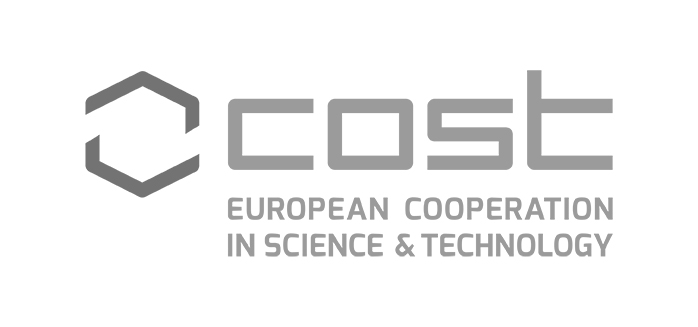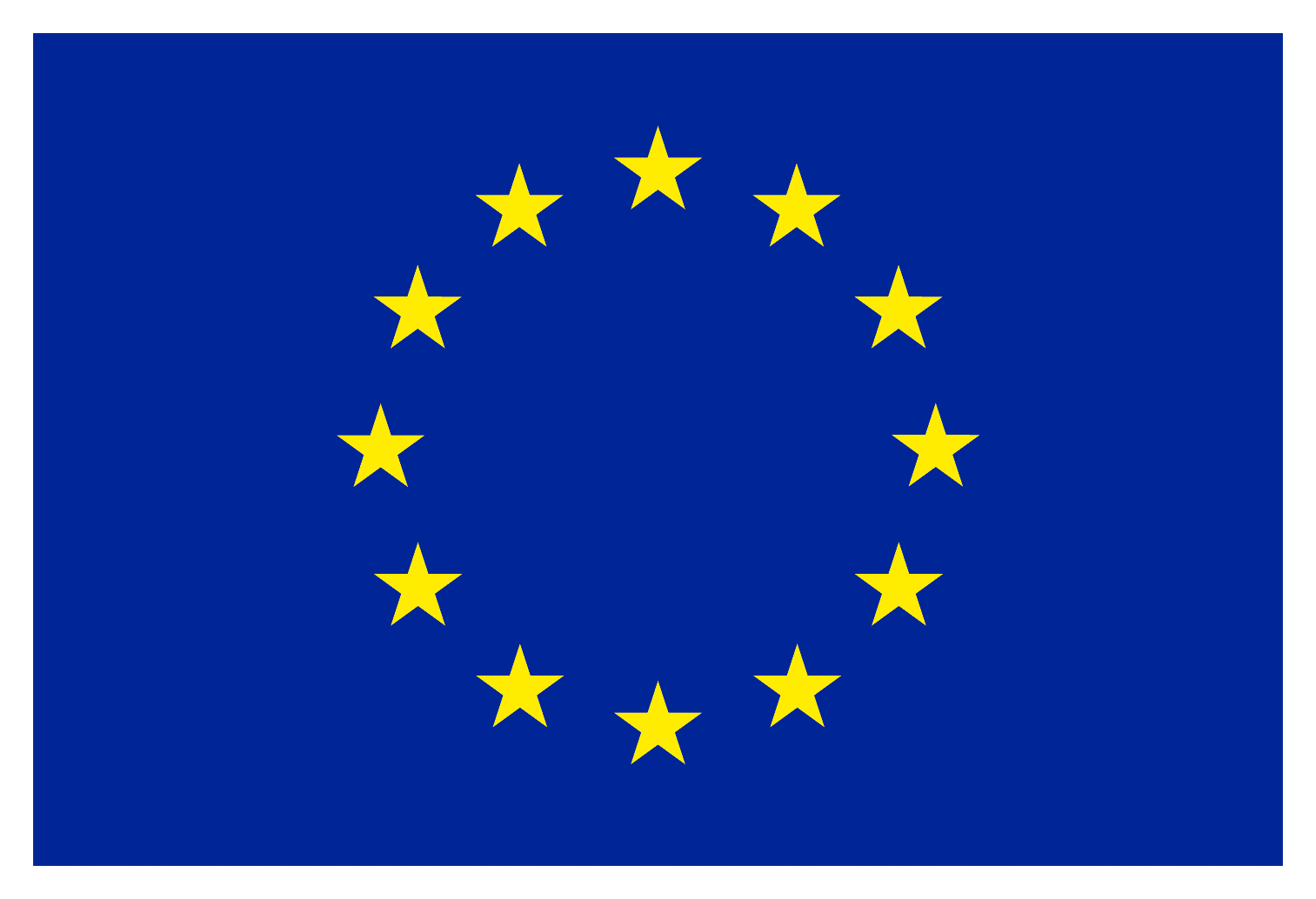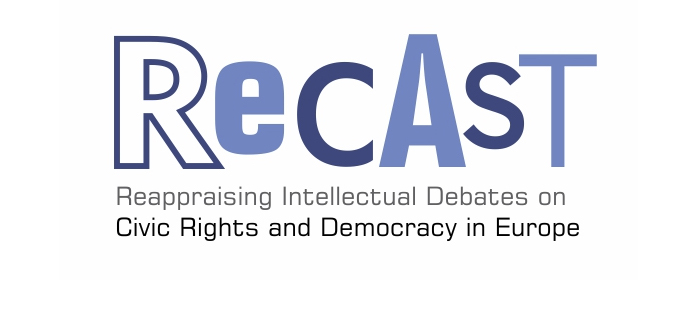Capacity-Building Objectives
COST Action CA 16211 RECAST
Reappraising Intellectual Debates on Civic Rights and Democracy in Europe
Impact Through Cooperation
Drawing on more than two decades of transnational, collaborative research involving predoctoral and early postdoctoral researchers, together with mid-career and established scholars, the Action definitely aspires to increase its members’ research, networking, and impact capacity by:
➢ Strengthening interdisciplinary cooperation. An object easier said than done, mostly because the pursuit of specialization runs opposite to scholarly cooperation in humanities and social sciences, it highlights a basic challenge in the advancement of knowledge. An interdisciplinary network entails a balance between scholarly approaches. It further requires their effective coordination through communication and debate. In this sense, networking teaches a clear lesson: methodological pluralism proves to be a necessary condition in the search for innovative results. Along with the series of joint activities (open to the participation of network members and Ad hoc Participants, based on a gender-balance aim), Short-Term Scientific Missions (STSMs) enhance the forms of cooperation through international mobility.
➢ Expanding its international membership. To meet the Action’s objective, cooperation can only be set up between international partners. Along with the contributions from different scholarly approaches, the kind of collaborative research needed points out to a growing international network of scholars, research groups, and centres, as well as non-academic stakeholders, initially from sixteen COST Member Countries, a Near Neighbour Country, a Cooperating State, and an International Partner Country. Their different academic traditions and expertise resources enrich, and actually make possible, the network. All activities help to achieve this capacity-building objective, but especially propitious are the exploratory workshops of each Working Group (WG), and the STSMs throughout the Action’s time span. Missions are coordinated with the Training School seminars.
➢ Developing an integrated, interdisciplinary training programme. Meant initially for young researchers, and relying on previous experience in training workshops, the formative scheme is open to all participants as a chance for engaging in methodological enquiries. Arguably methodological innovations have to be tested in debates among alternative approaches. Against the background of the challenge the Training School’s programme will cover humanities research methods and approaches, from conceptual to intellectual history, from moral to political argumentation and analysis, evincing how their updates involve the recourse to social science research methods. Moreover, the programme will test those updates against real political problems. That way, being a meeting platform open to Ad Hoc Participants, from journalists to policy-makers, the Training School provides the conditions to improve the passage from theory to politics and policy.
➢ Focusing the Action as a networking programme of publications-oriented activities with the added aim of contributing to public debates. One of the commitments of the Action is to contribute to ongoing scholarly debates. Accordingly, its activities, from training to exploratory and advanced research workshops to the final conference, proceed as publications-oriented. Joint publications are the Action’s distinctive feature of the Dissemination networking tool. As they target both social media and scholarly outlets, dissemination is streamlined by the participation in public debates. To that end the involvement of journalists as well as social and political agents, namely, policy-makers, human rights and democracy activists, proves instrumental.
 |  |  |  |



